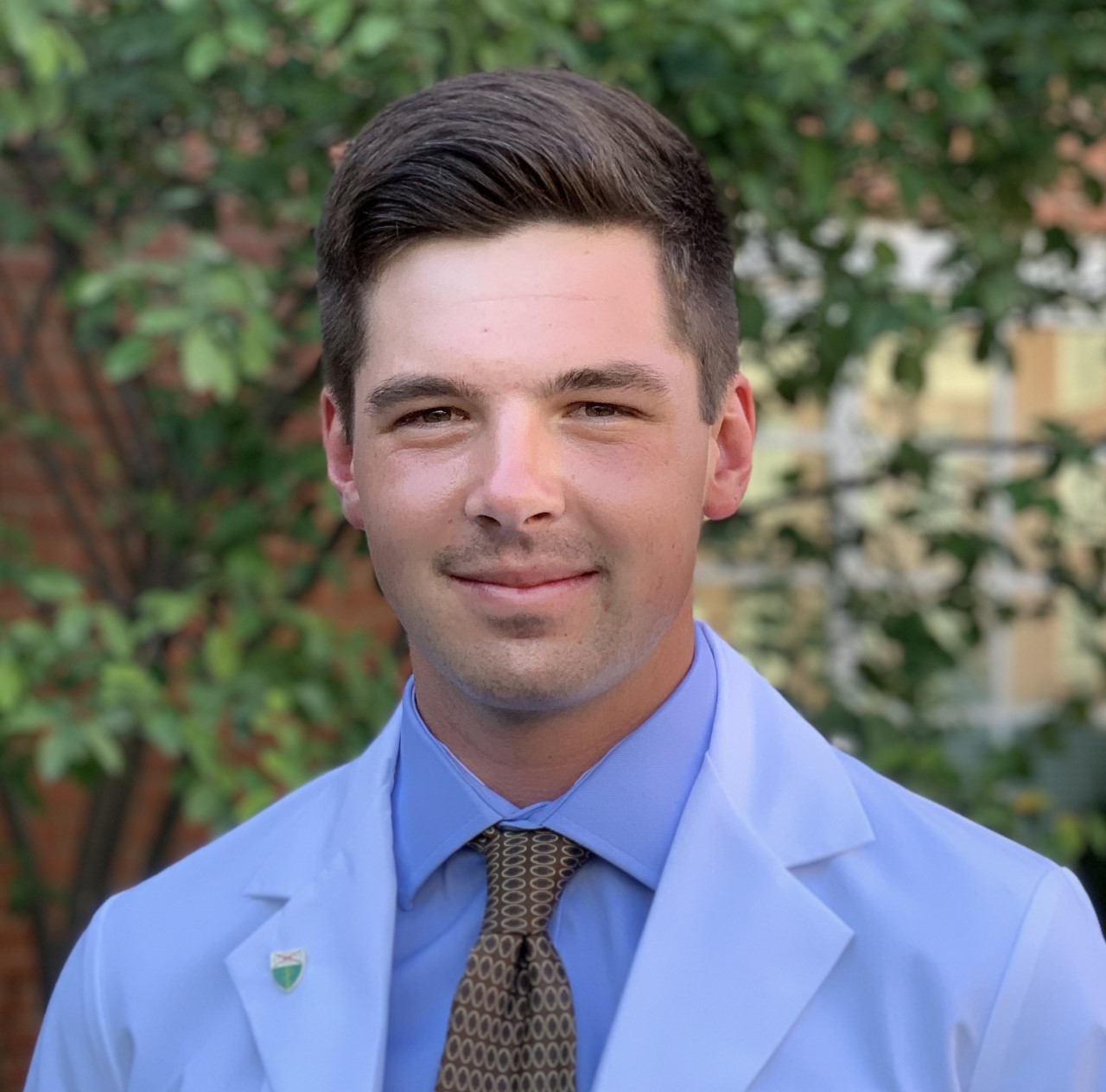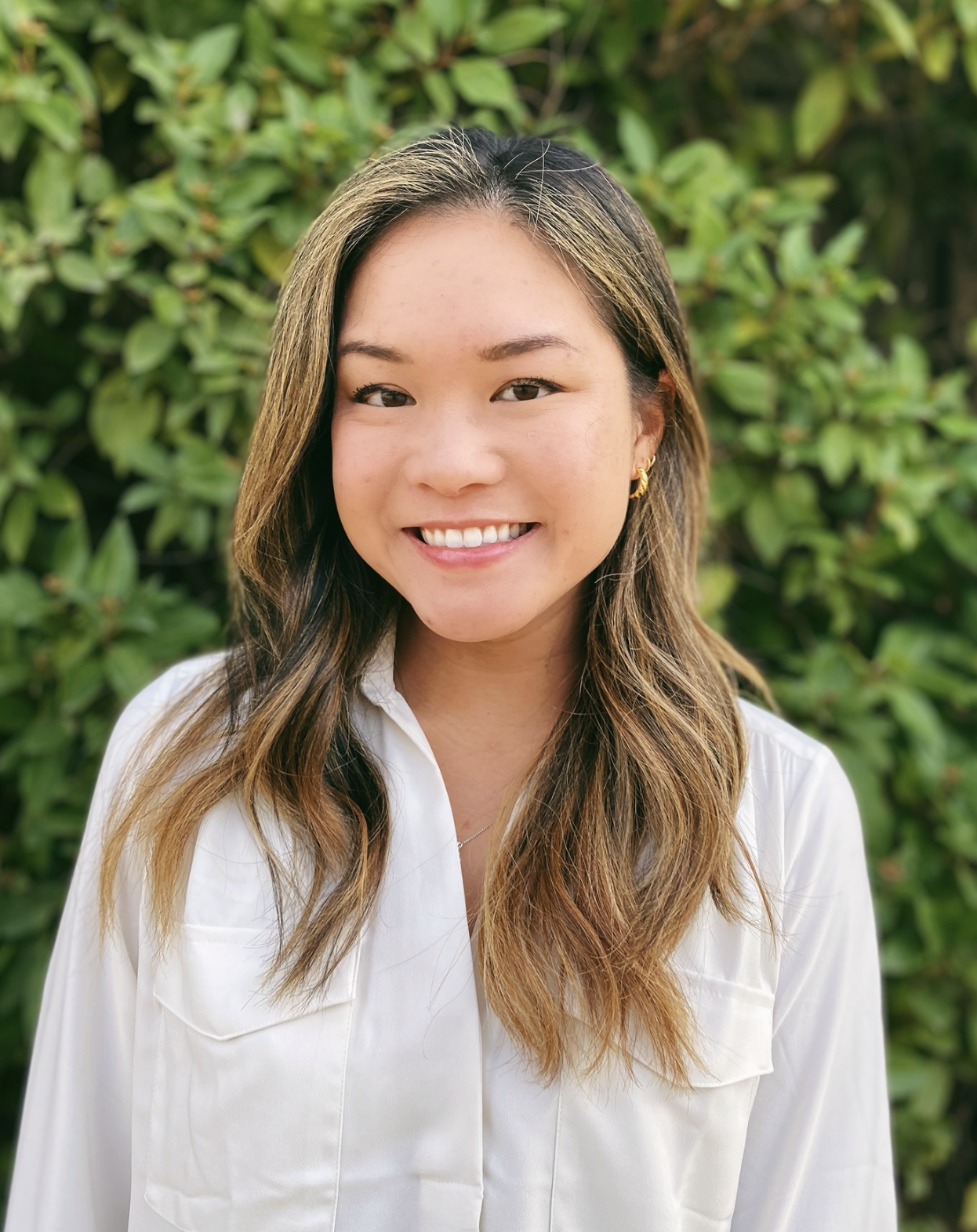A new study from Yale School of Medicine examines burnout among medical students who are underrepresented in medicine (URiM). Appearing in the Feb. 23 issue of JAMA Network Open, the study is one of the first to delve into two specific types of burnout — burnout associated with disengagement and exhaustion-related burnout. The researchers, led by Jamieson O’Marr, MS, and Shin Mei Chan, BS, found that URIM medical students were at greatest risk for experiencing exhaustion-related burnout, but were at lower risk of feeling disengaged from the medical profession when compared to their peers. Whether or not a medical student identified as URiM — a designation that includes Alaska Native, Black, Hispanic/Latinx, Native American, and/or Pacific Islander — the study revealed that students who experienced discrimination during medical training were much more likely to experience burnout and demonstrated that URiM medical students experienced more episodes of discrimination than their peers. 
The study drew on data from the American Medical Colleges Graduation Questionnaire administered from December 2019 to June 2020 which included responses from 26,567 participants, of which 3,947 identified as URiM.
“We demonstrated that URiM students were more likely to feel positively toward the field and more likely to feel exhausted by the pressures of medical school,” said O’Marr. “We talked about some of the additional pressures URiM students have. Not just through episodes of discrimination, but also by taking on additional responsibilities and roles within the school that they are not compensated for.”
The Seeds of Burnout Are Planted Early
UriM students face significant barriers in their medical school experience and are more likely to leave due to the ongoing pressures — a phenomenon known as the “leaky pipeline.” A 2017 study found that even the medical school application process was daunting for many URIM students, costing $5,000 to $15,000 on average, and in 2015 fewer Black men graduated from medical school than in 1968. Due to lack of support and high costs, the vast majority of American medical students — more than three quarters — come from high-income white households.
“The seeds of burnout are planted early,” said O’Marr, adding that the onus is on medical schools to not only ensure they are attracting underrepresented candidates but “that the medical school environment is supportive so that those students can succeed.”
Finding Support as a First Gen Med Student
O’Marr’s interest in the topic stems in part from his own experience as a first-generation college student from San Luis Obispo, California. His father was born in Costa Rica, and his mother came from San Diego — neither had the opportunity to graduate from college.

To offset the isolation, O’Marr turned to the Yale First-Generation Low Impact medical student group, which is run by the Diversity, Inclusion, Community Engagement, and Equity (DICE) office. “There’s a community there of shared experience and shared support,” O’Marr says. “A lot of times the challenges we face can only be solved by asking one another.”
The COVID-19 pandemic has highlighted existing inequities for underrepresented communities, including in academic medicine, says study co-author Chan. “We are lucky that at Yale, there are pockets of people who are actively working towards dismantling systemic racism, from department chairs to medical students,” she says. “We hope that our work will demonstrate that it’s not enough to simply institute statements and policies — we have to recognize where people are hurting and why. Burnout among URiM students is one place to start.”
Yale researchers who contributed to this study include: Ambrose Wong, MD, MSEd, MHS; Elizabeth Samuels, MD, MPH, MHS; Dowin Boatright, MD; and Lake Crawford, BS.
We demonstrated that URiM students were more likely to feel positively toward the field and more likely to feel exhausted by the pressures of medical school.
Jamieson O'Marr, MS